1963 Newspaper Headlines Summary
During the 60’s this idea was completely turned around. The Hippie movement sought freedom, fun, and equality, often with hedonistic behaviours. The music scene in the 60’s is often referred to as the best one Britain has ever experienced, with bands such as The Beatles and the Rolling Stones beginning their successful and enduring careers. It was a decade that is hard to imagine happened now, but which had a huge effect on shaping modern day ideologies and democratic systems. 1963 Newspaper Headlines Summary
Some of the most memorable 1963 newspaper headlines tell the stories of the Big Freeze, which saw temperatures drop dramatically for 3 months, the beginning of Beatle-mania, and the Great Train Robbery where robbers made off with £2.6 million. Other 1963 news stories which stand out are the coverage of president Kennedy’s assassination in the United States. The suspected assassin Lee Harvey Oswald was later shot dead.
It was a year filled with ups and downs, all of which are chronicled in our collection. If you’re curious about what happened in 1963, or know somebody who is, then an authentic newspaper is the perfect gift idea.
January 1963
The Big Freeze of 1963 begins, with temperatures reaching as low as -16C (3.2F) in places. The ice and snow finally starts to thaw in early March.
14th January 1963
The locomotive ‘Flying Scotsman’ makes its last scheduled run before being handed over to Sir Alan Pegler for preservation.
March 1963
The divorce case of the Duke and Duchess of Argyll causes scandal in the United Kingdom.
4th March 1963
Six people are sentenced to death in Paris for conspiring to assassinate President Charles de Gaulle. De Gaulle pardons five of the convicted, but the other conspirator is executed by firing squad a few days later.
22nd March 1963
The Beatles release their first album, “Please Please Me“.
15th April 1963
70,000 marchers arrive in London from Aldermaston, to demonstrate against nuclear weapons.
5th July 1963
The Roman Catholic Church accepts cremation as a funeral practice.
8th August 1963
The Great Train Robbery of 1963 takes place in Buckinghamshire. £2.6 million is stolen, but thirteen men are later convicted and jailed for the crime.
29th September 1963
The University of East Anglia is established in Norwich.
19th October 1963
Alec Douglas-Home succeeds Harold Macmillan as Prime Minister.
18th November 1963
The Dartford Tunnel opens.
22nd November 1963
U.S. President John F. Kennedy is shot to death in Dallas. Texas Governor John B. Connally is also seriously wounded and Vice President Lyndon Baines Johnson takes over as the 36th President. All television coverage for the next three days is devoted to the assassination, its aftermath, the procession of the horse-drawn casket to the Capitol Rotunda, and the funeral of President Kennedy. Shops and businesses shut down for all three days in tribute.
23rd November 1963
The first episode of the BBC television series “Doctor Who” is broadcast. A reference to this date is later included in one episode of the modern spin-off “Torchwood”.
24th November 1963
Lee Harvey Oswald, alleged assassin of John F. Kennedy, is shot dead by Jack Ruby on live television in America. The hastily arranged programme “A Tribute to John F. Kennedy from the Arts“ is also broadcast on ABC, featuring dramatic readings and music performed by various actors, opera singers, and noted writers.
26th December 1963
“I Want to Hold Your Hand” and “I Saw Her Standing There” are released in America, marking the beginning of full-scale ‘Beatle-mania‘.
More from this Decade
1960 Newspapers
1961 Newspapers
1962 Newspapers
1964 Newspapers
1965 Newspapers
1966 Newspapers
1967 Newspapers
1968 Newspapers
1969 Newspapers
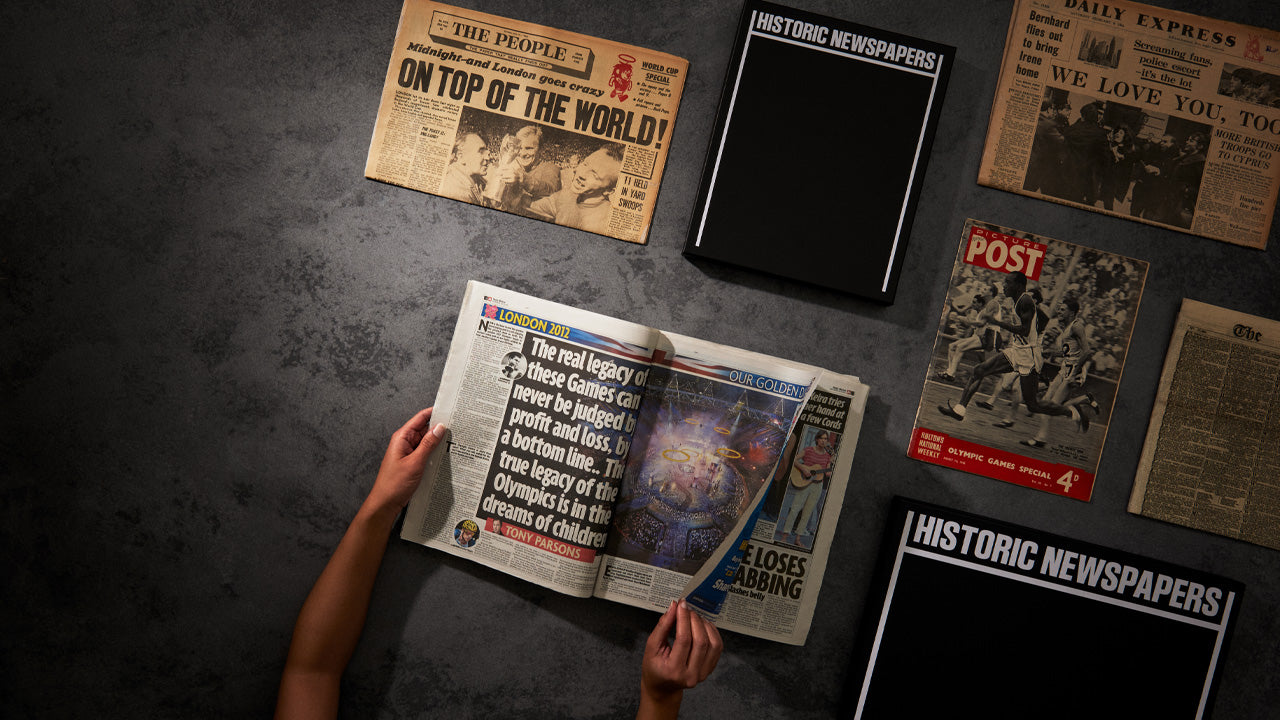
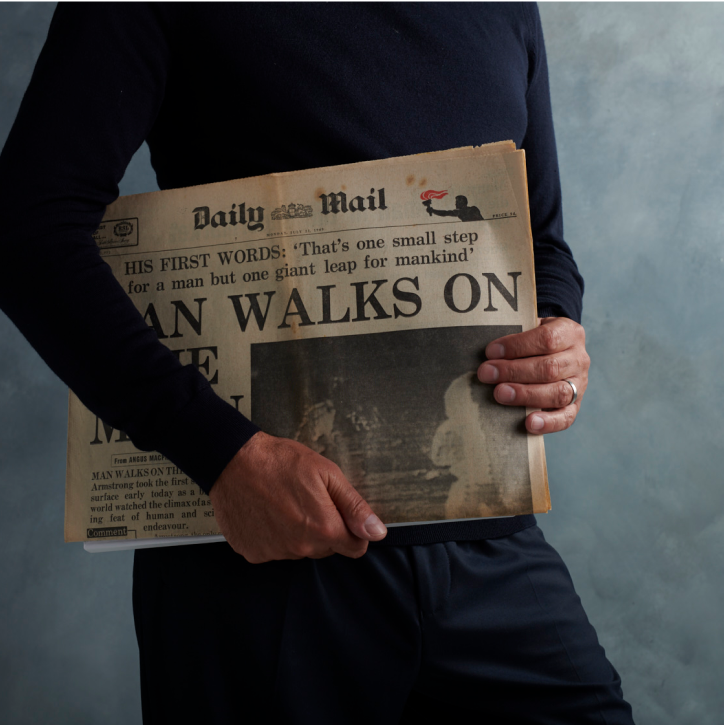
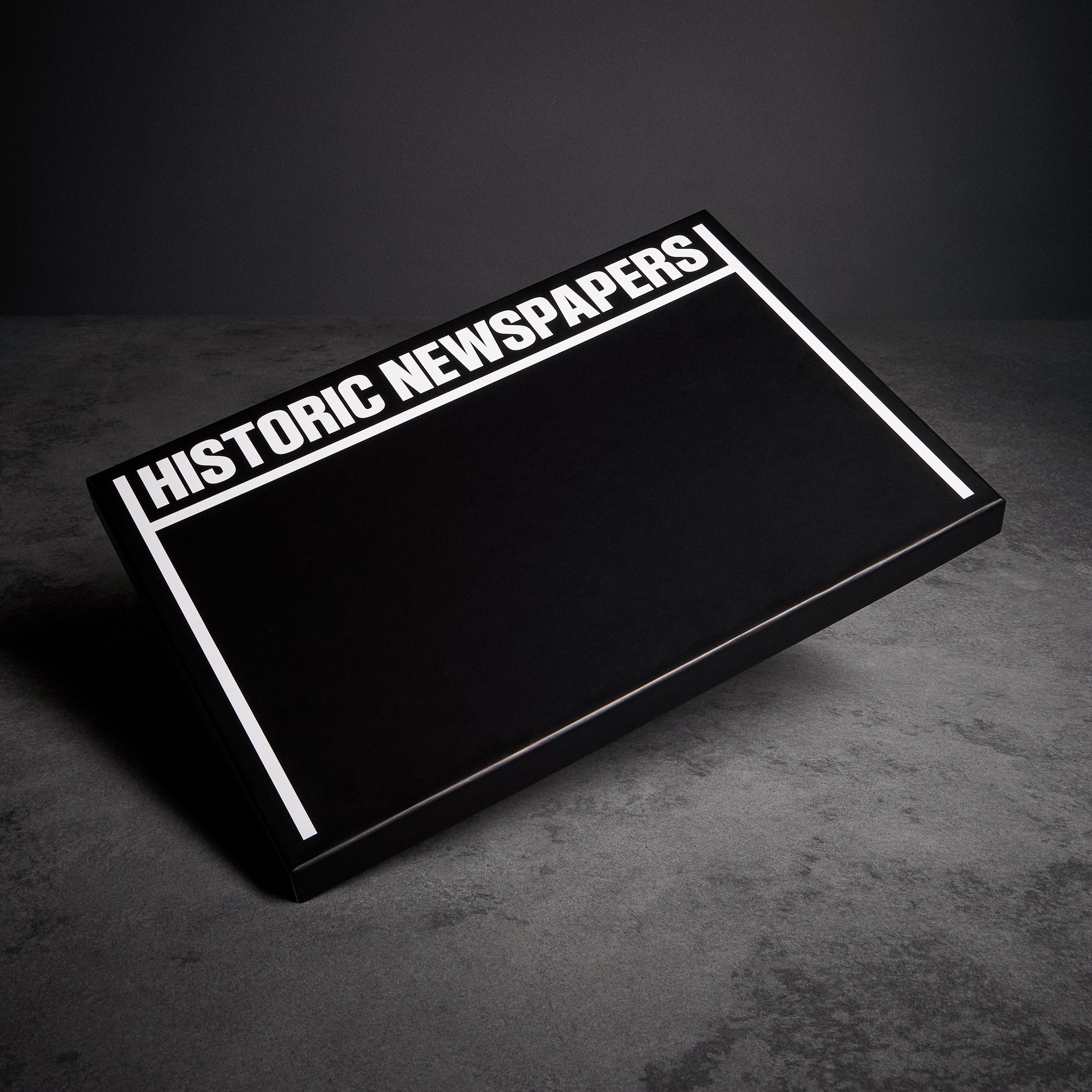


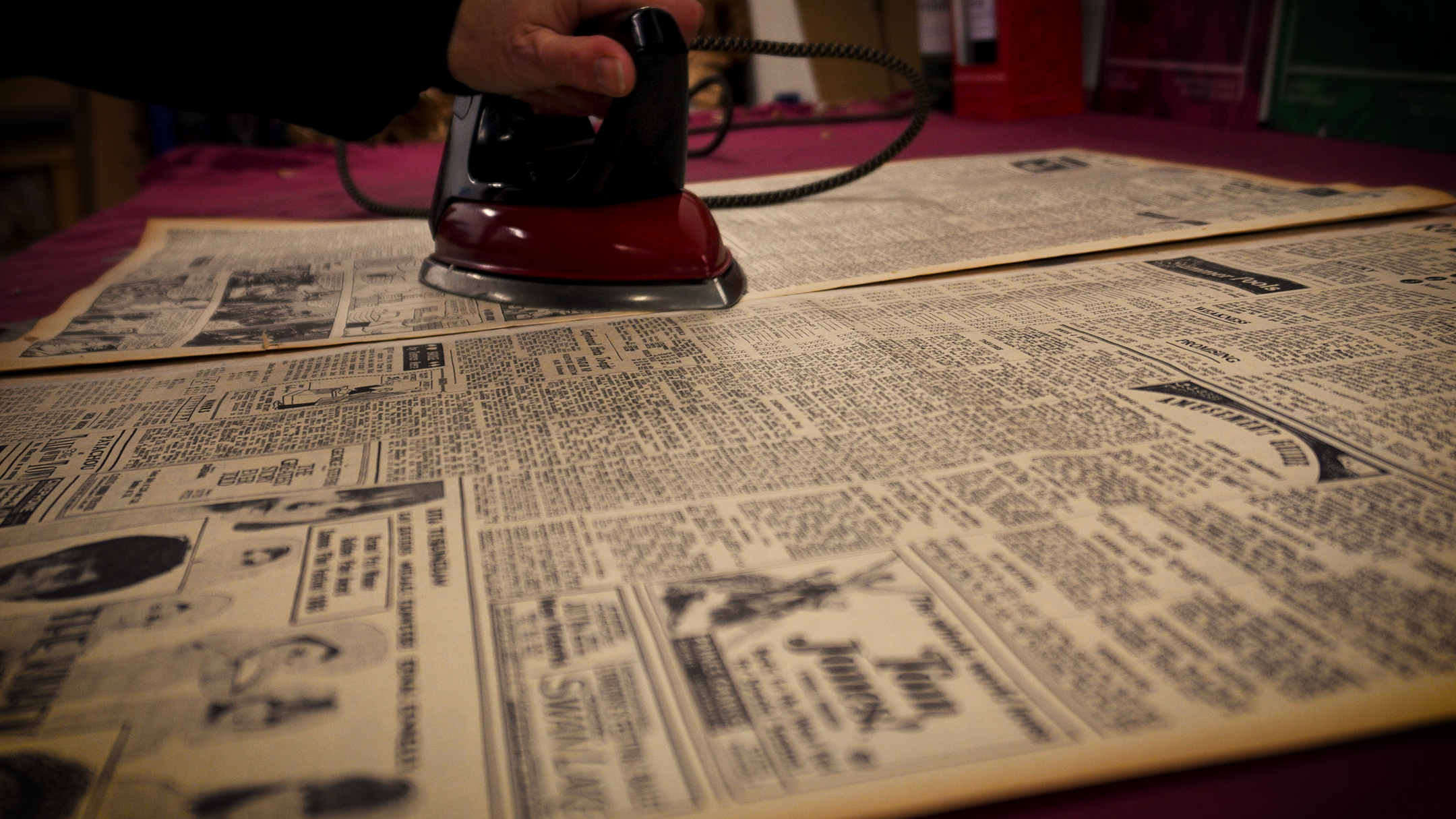
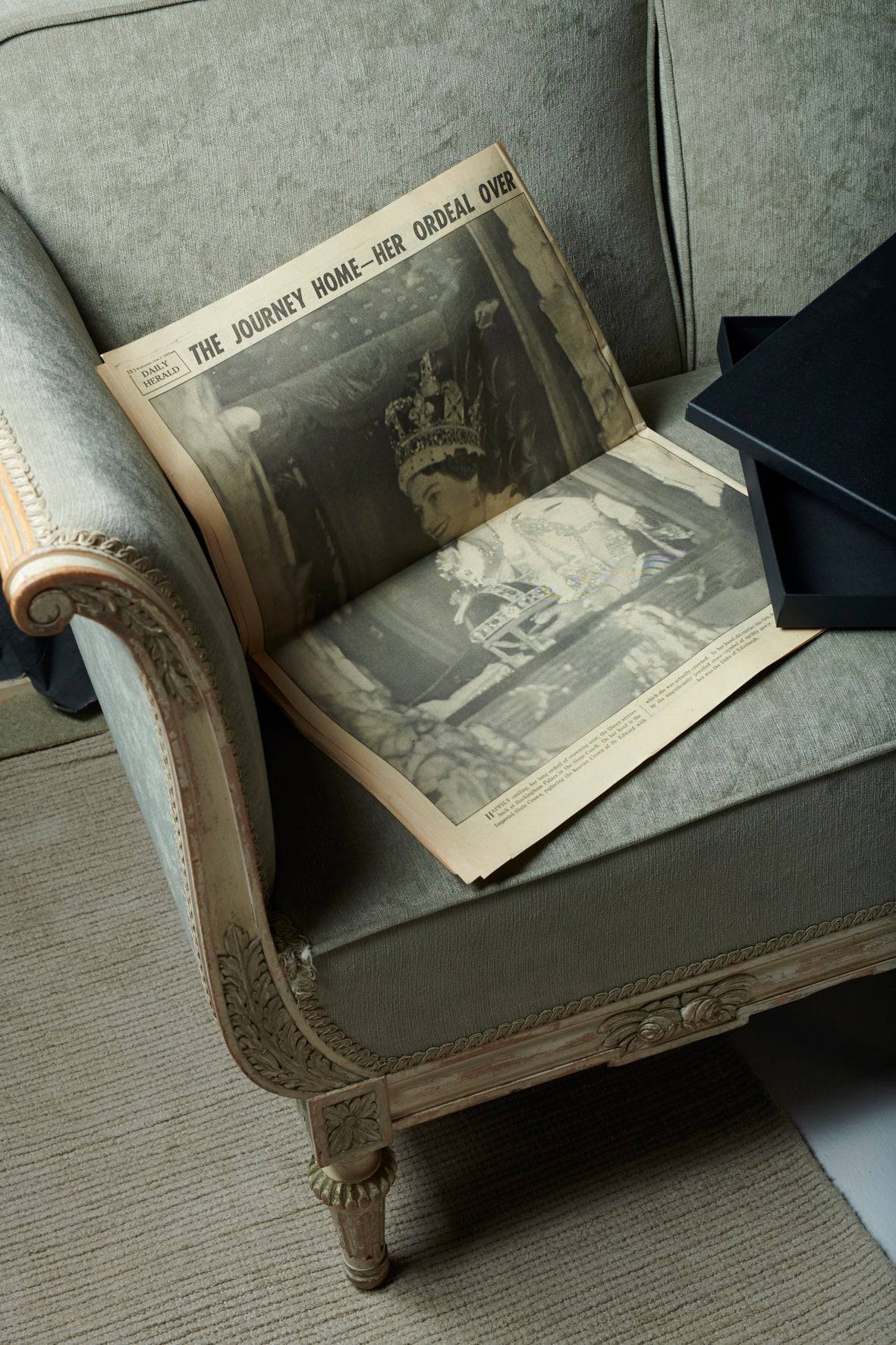


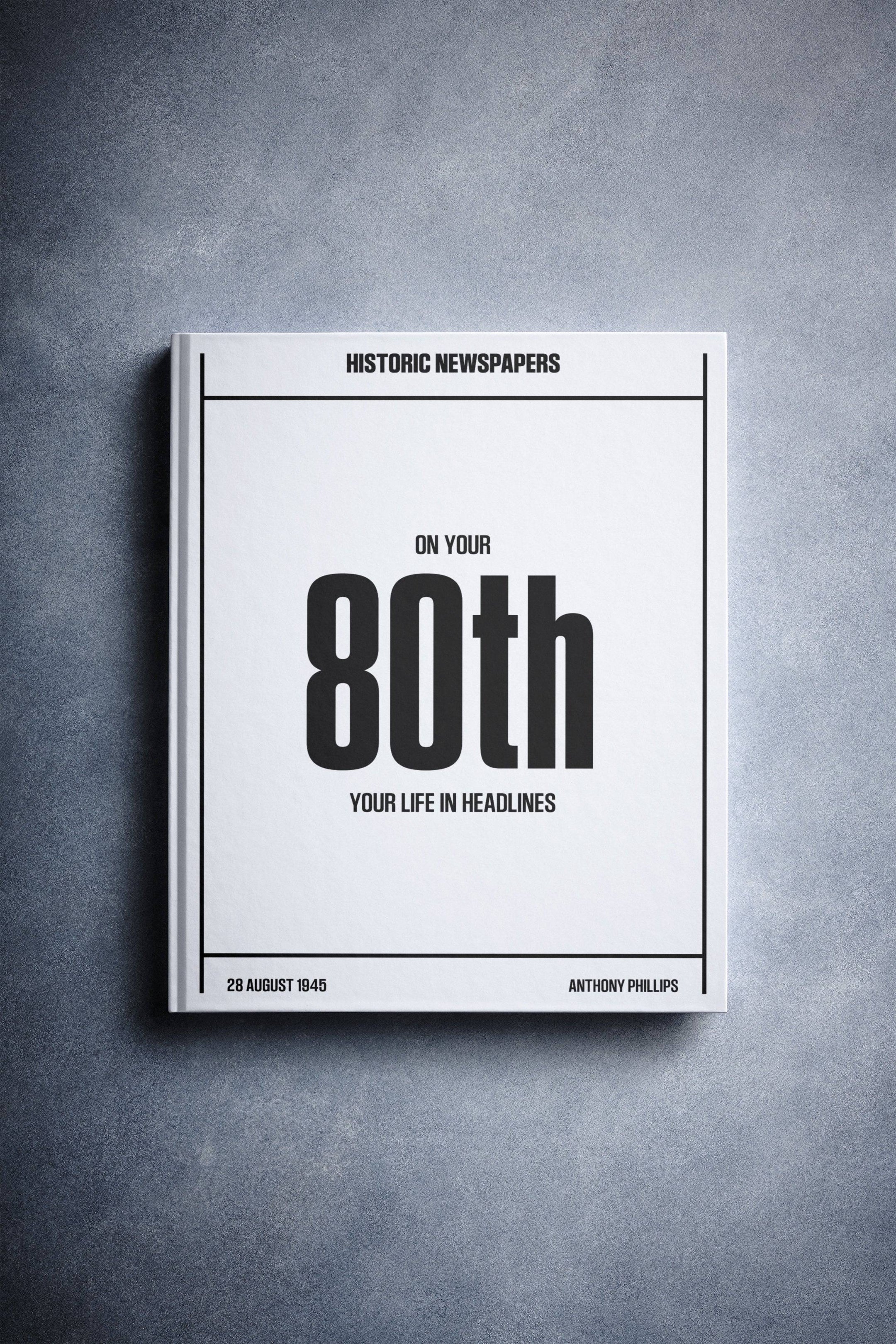
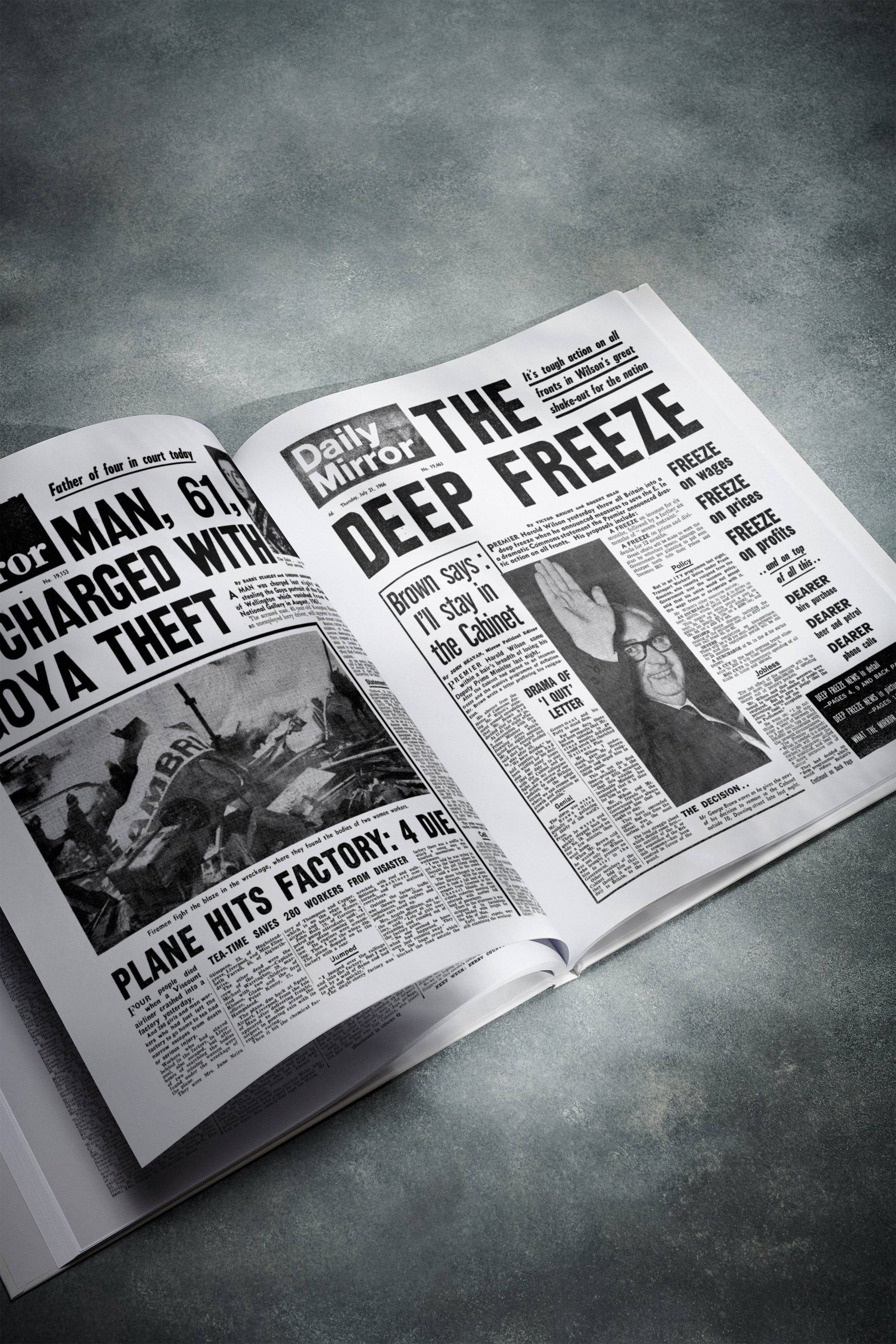
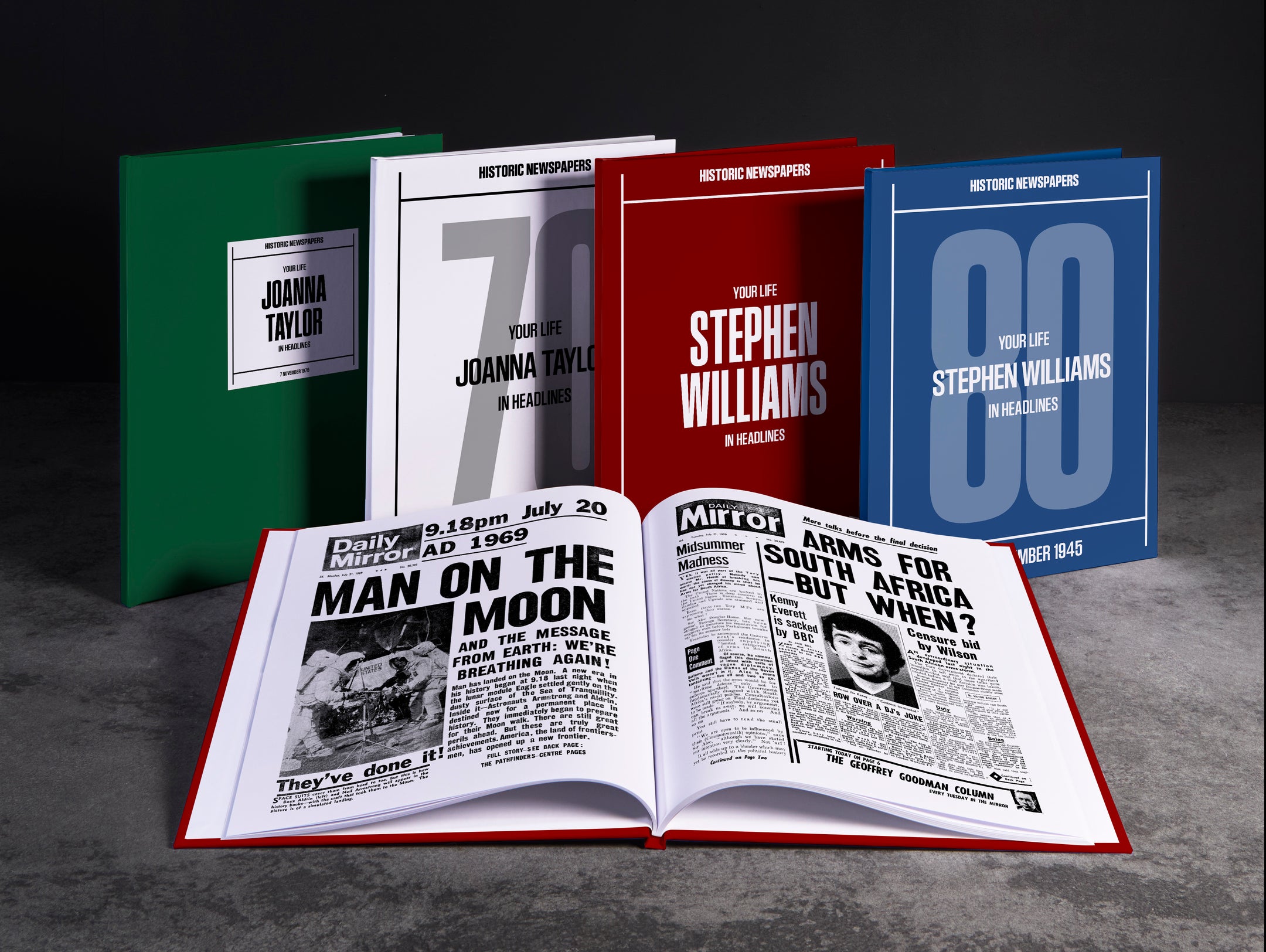
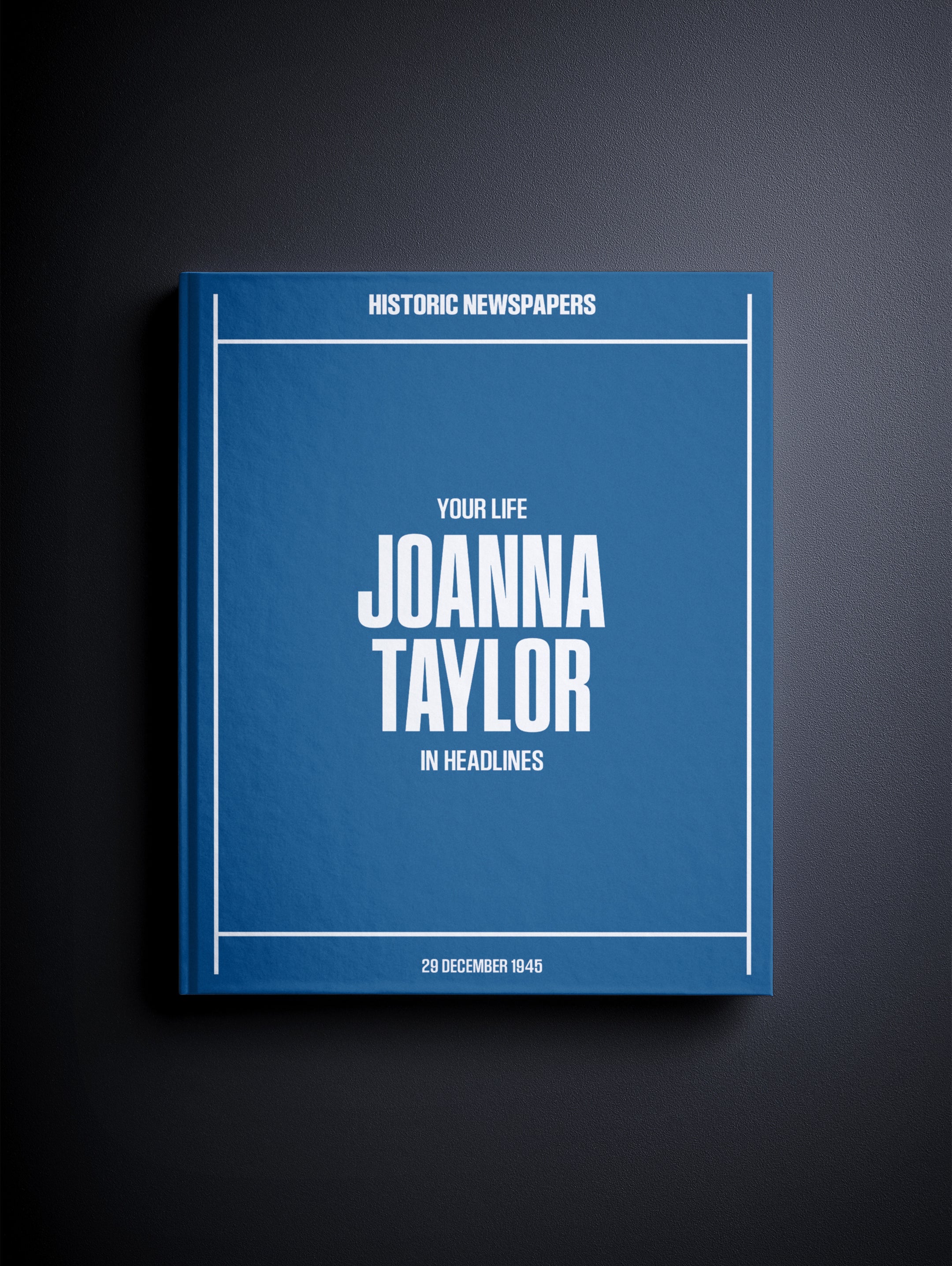
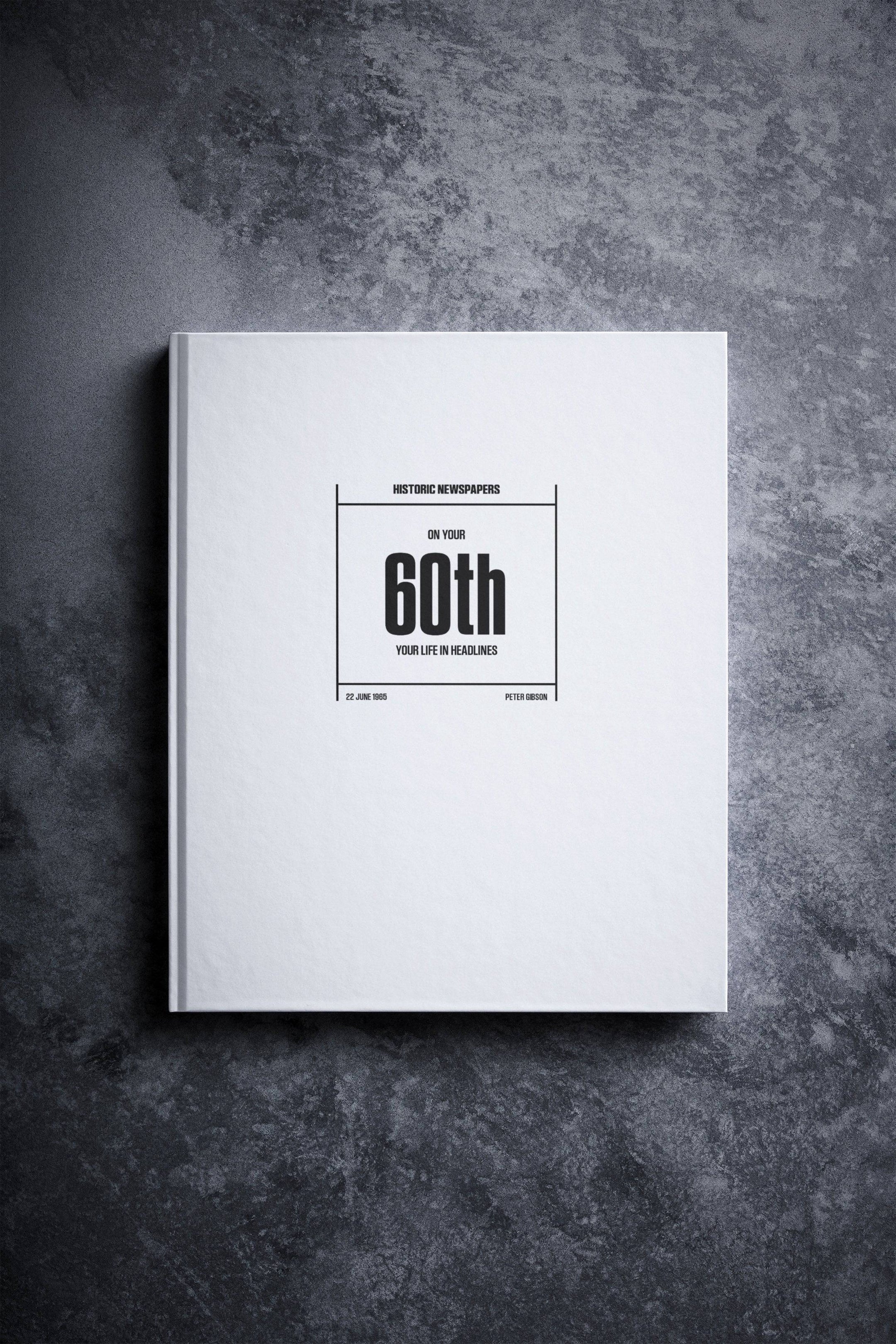
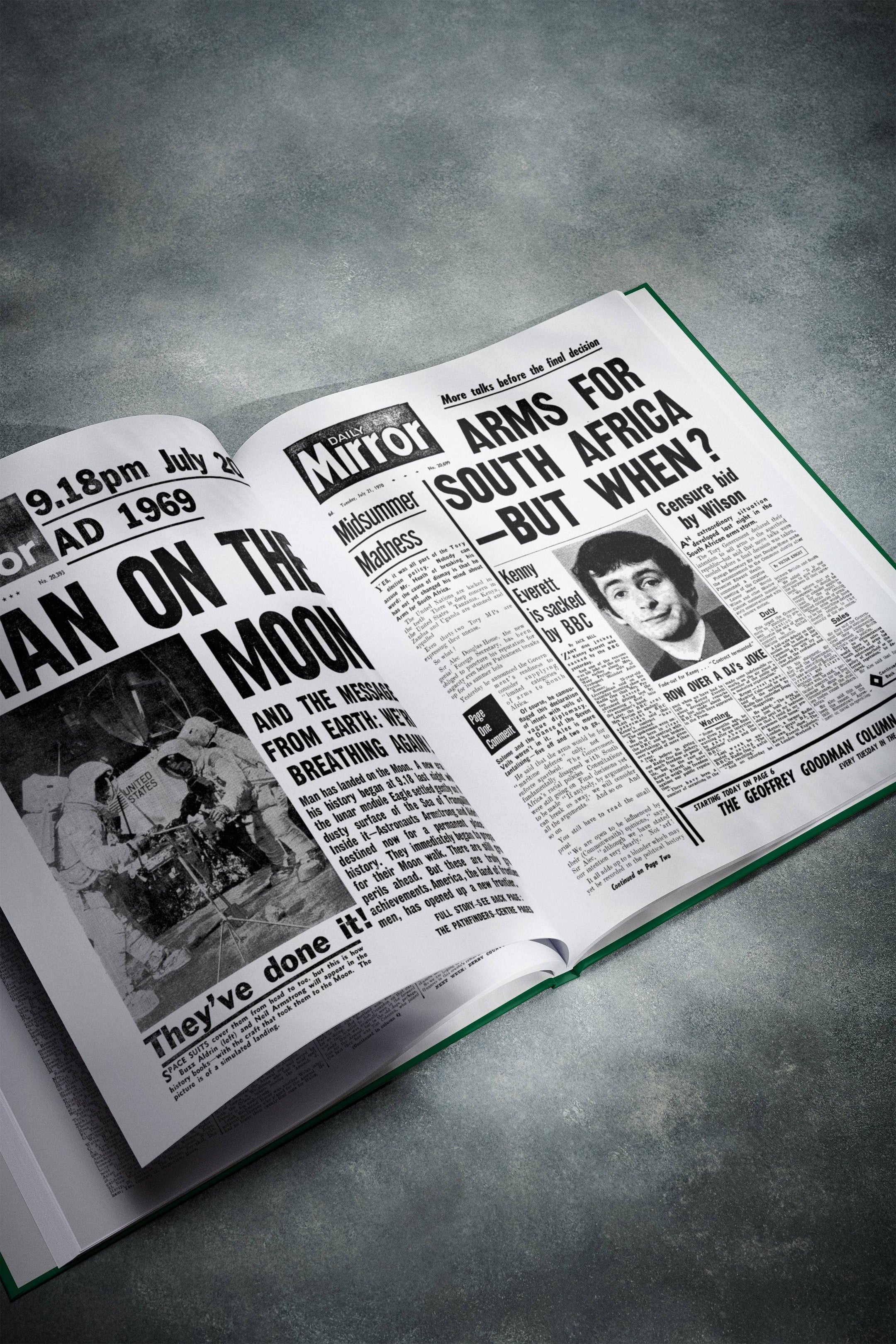
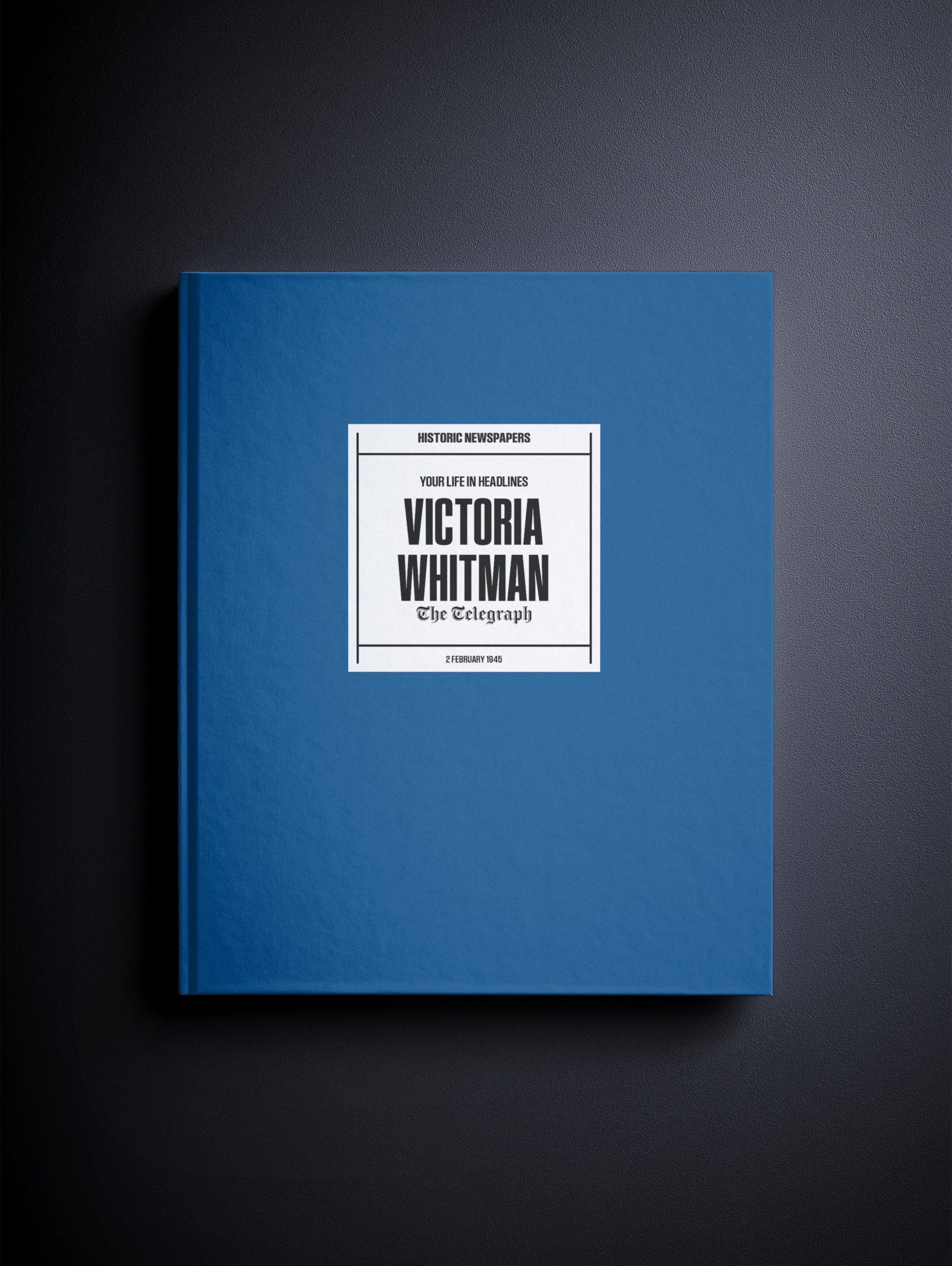
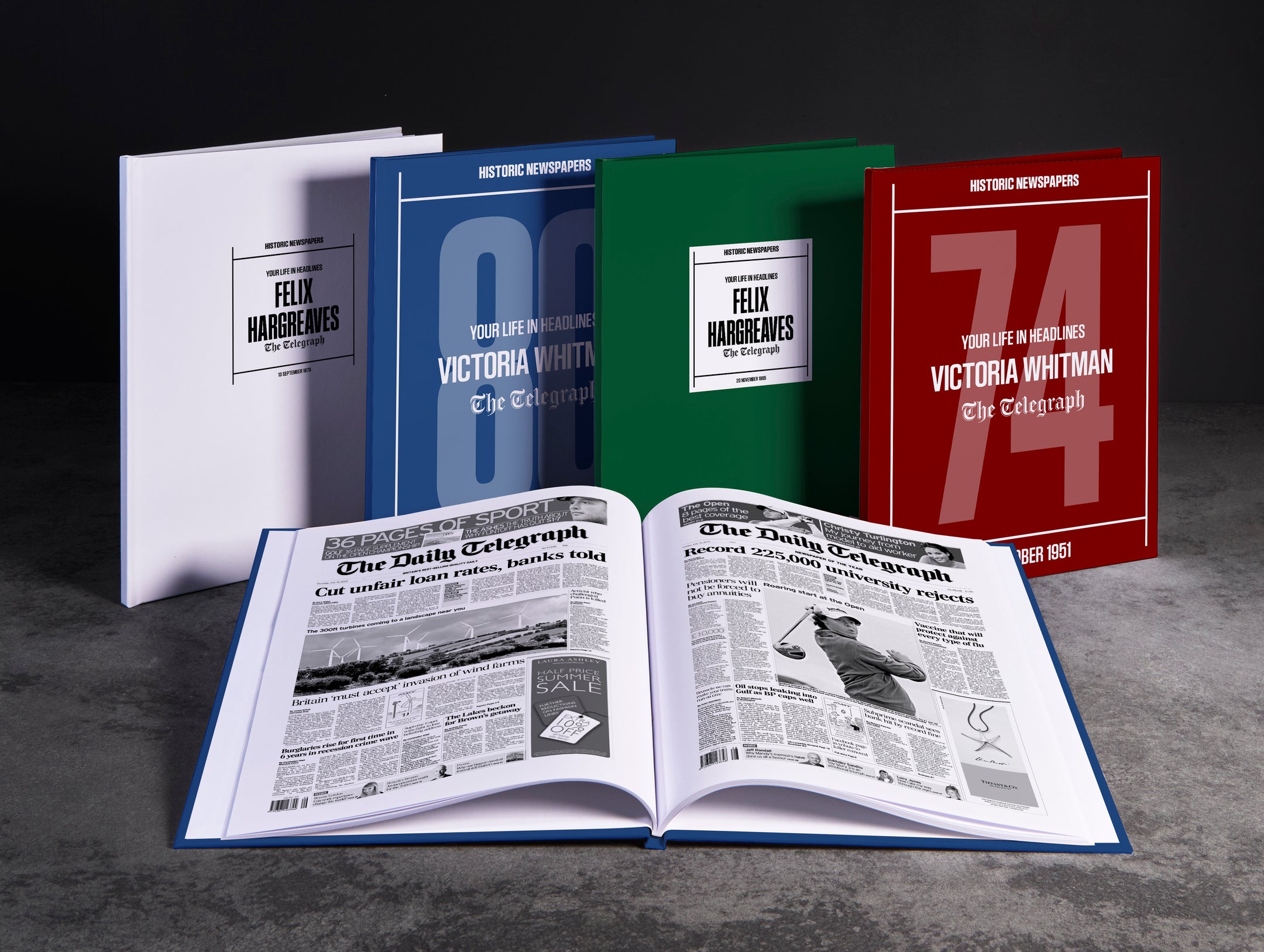
Follow us